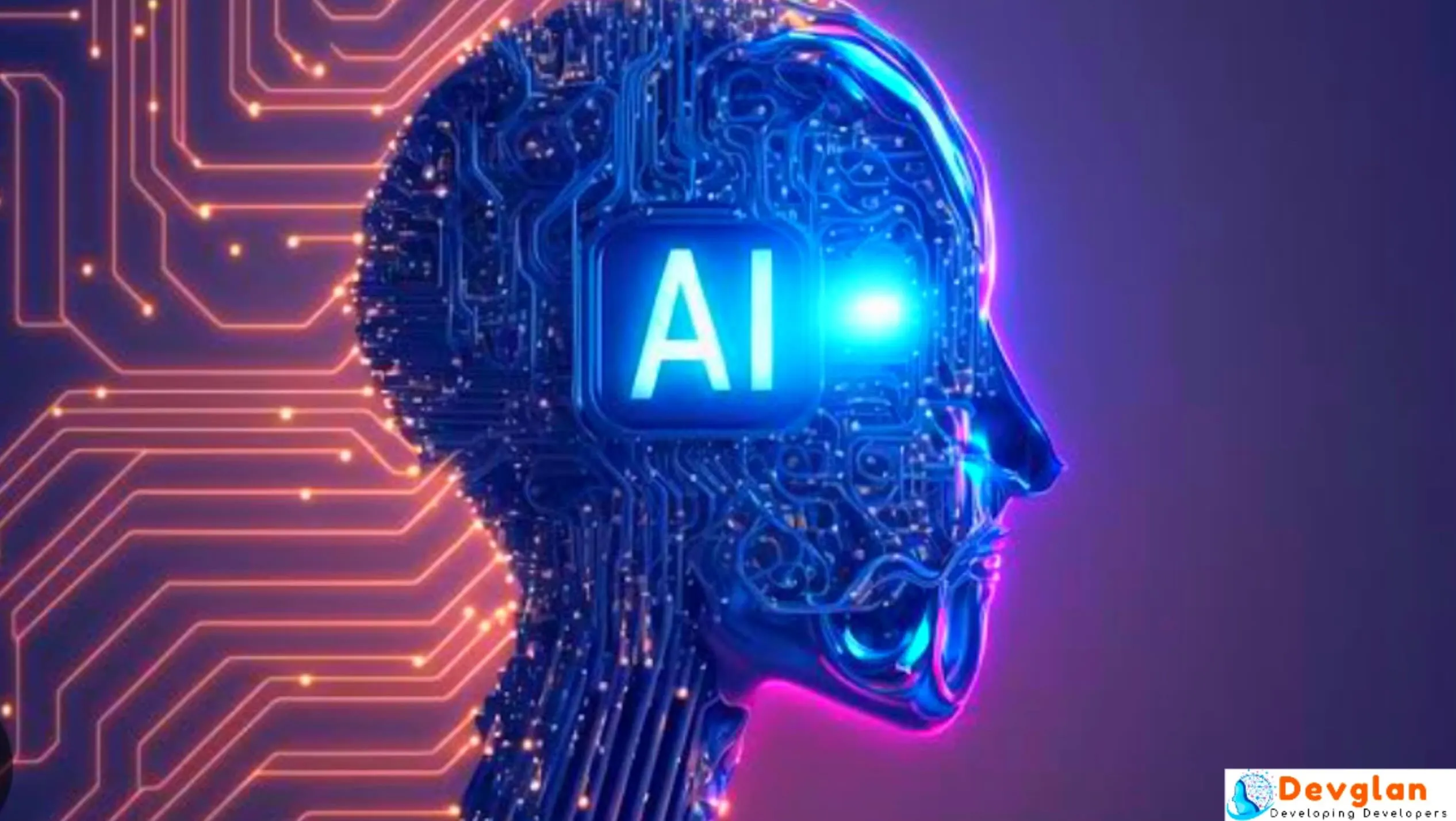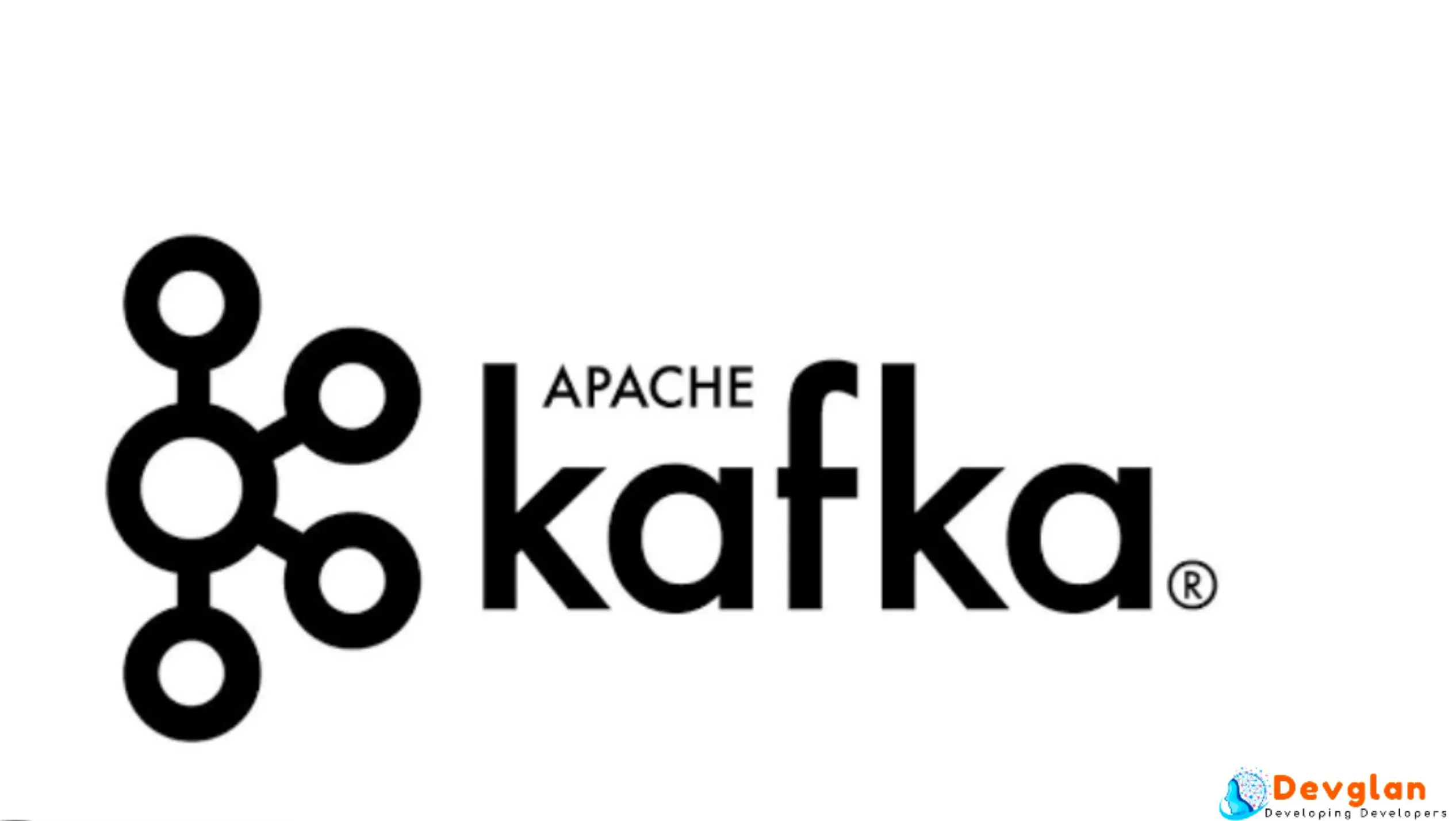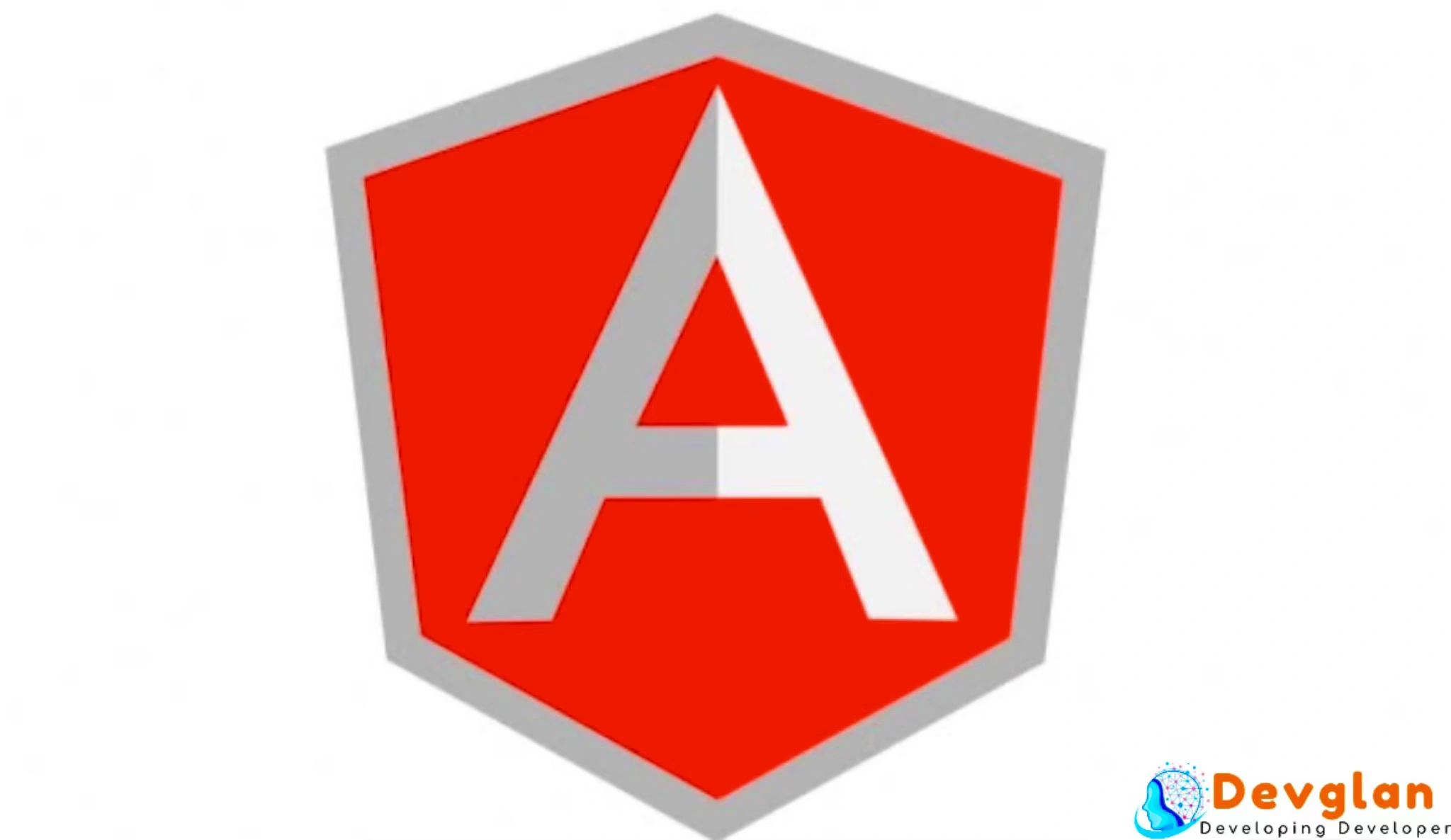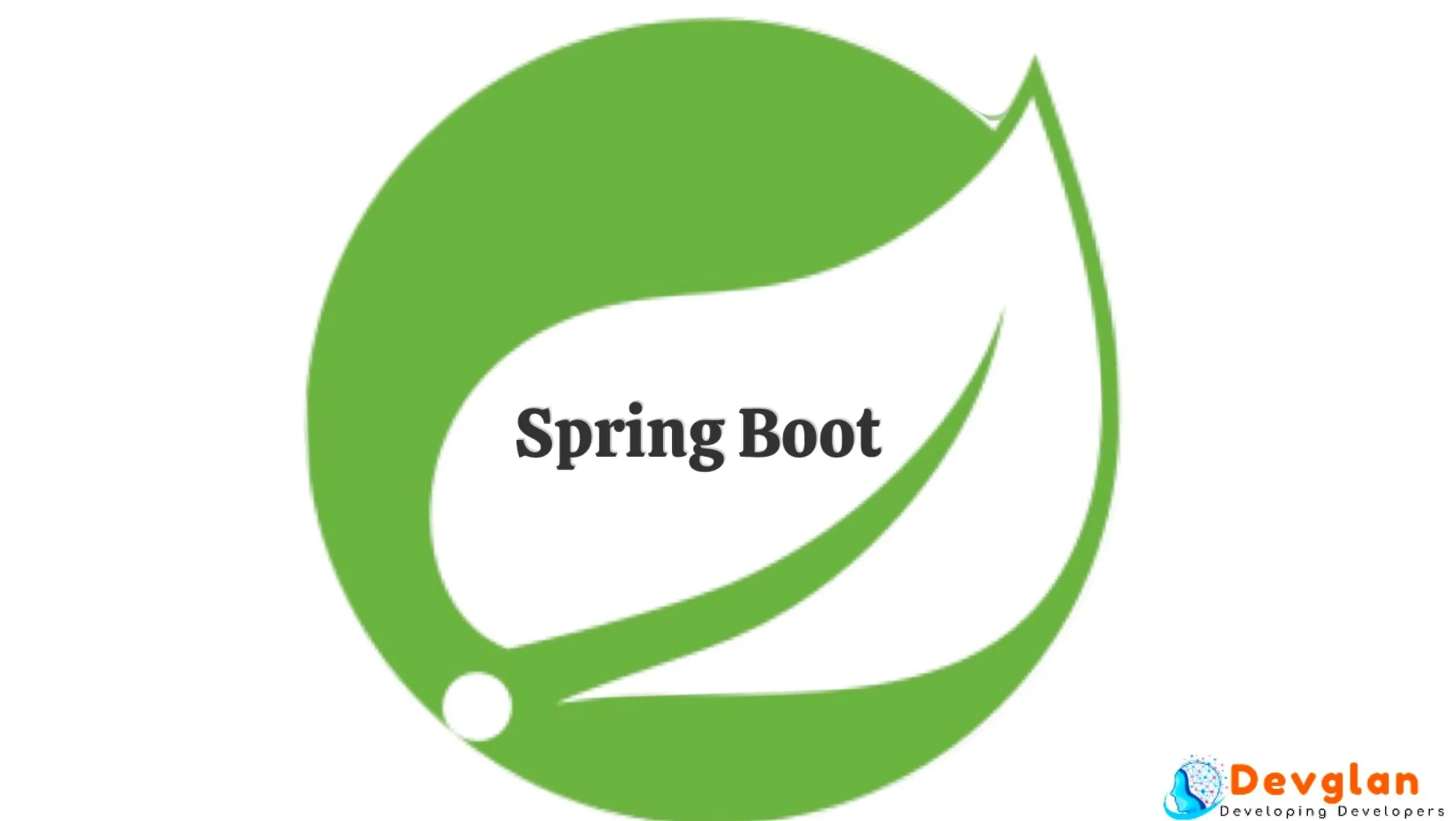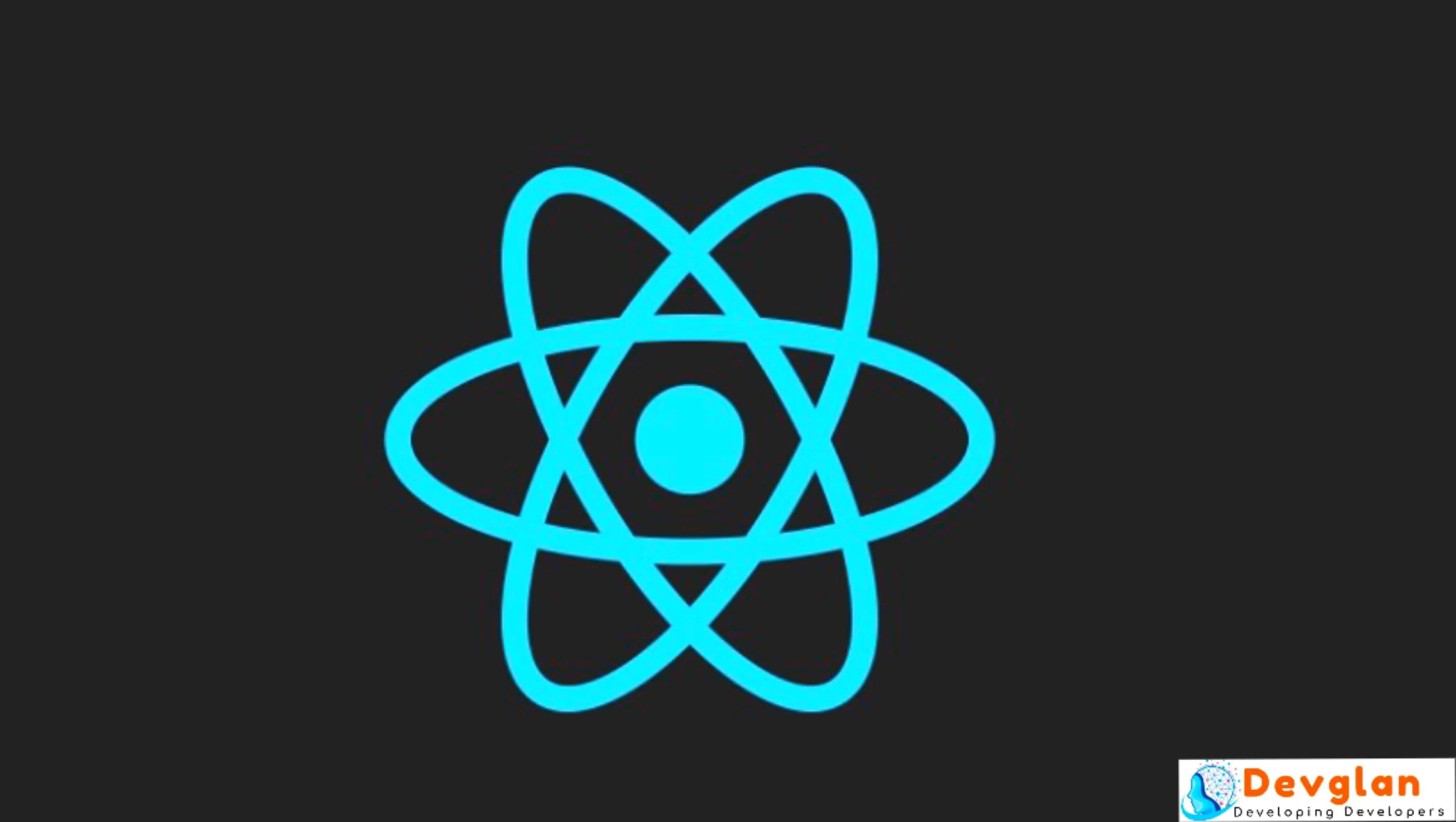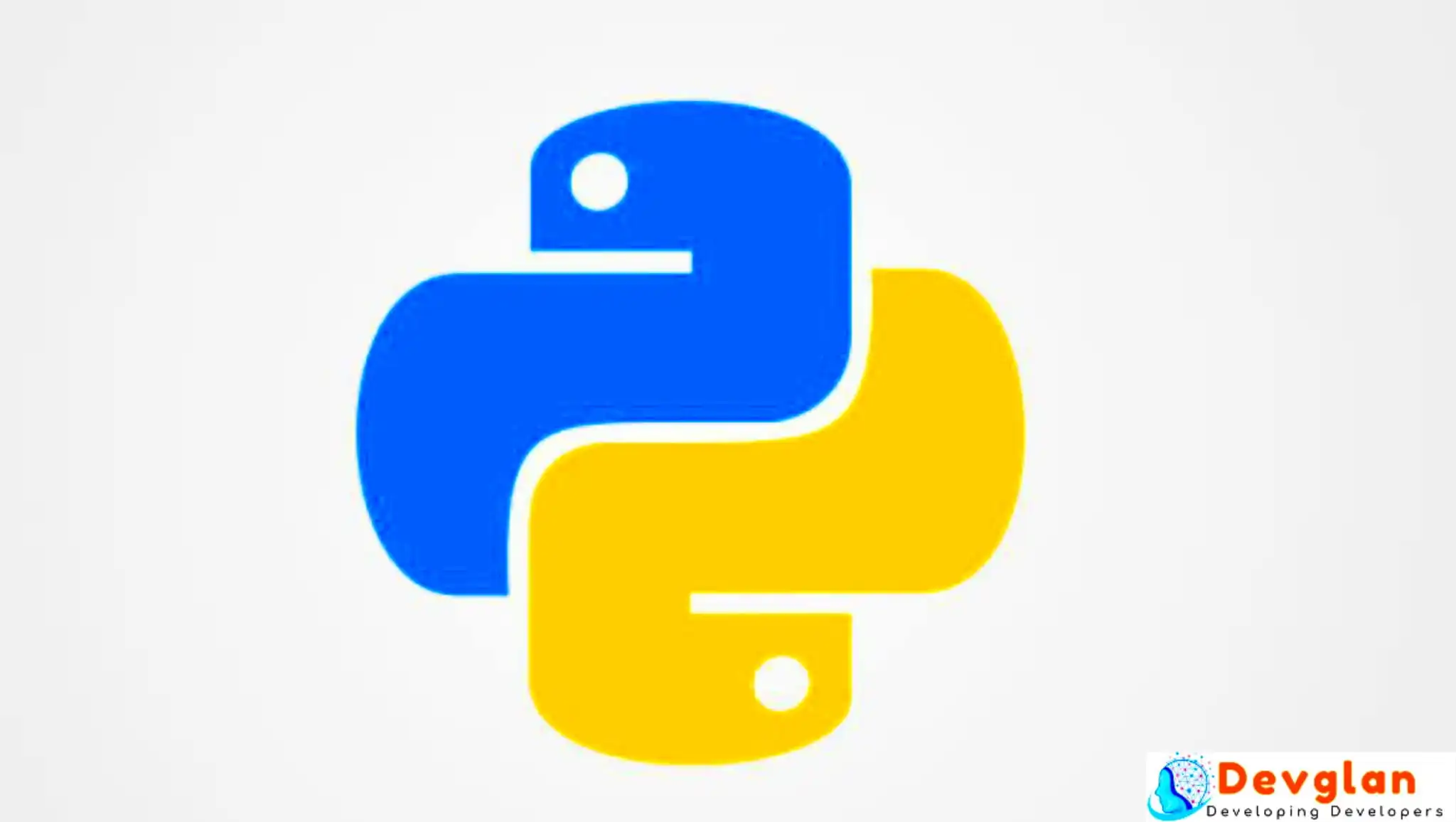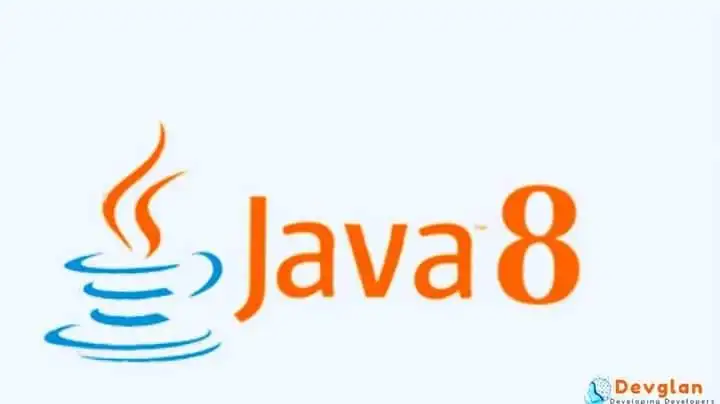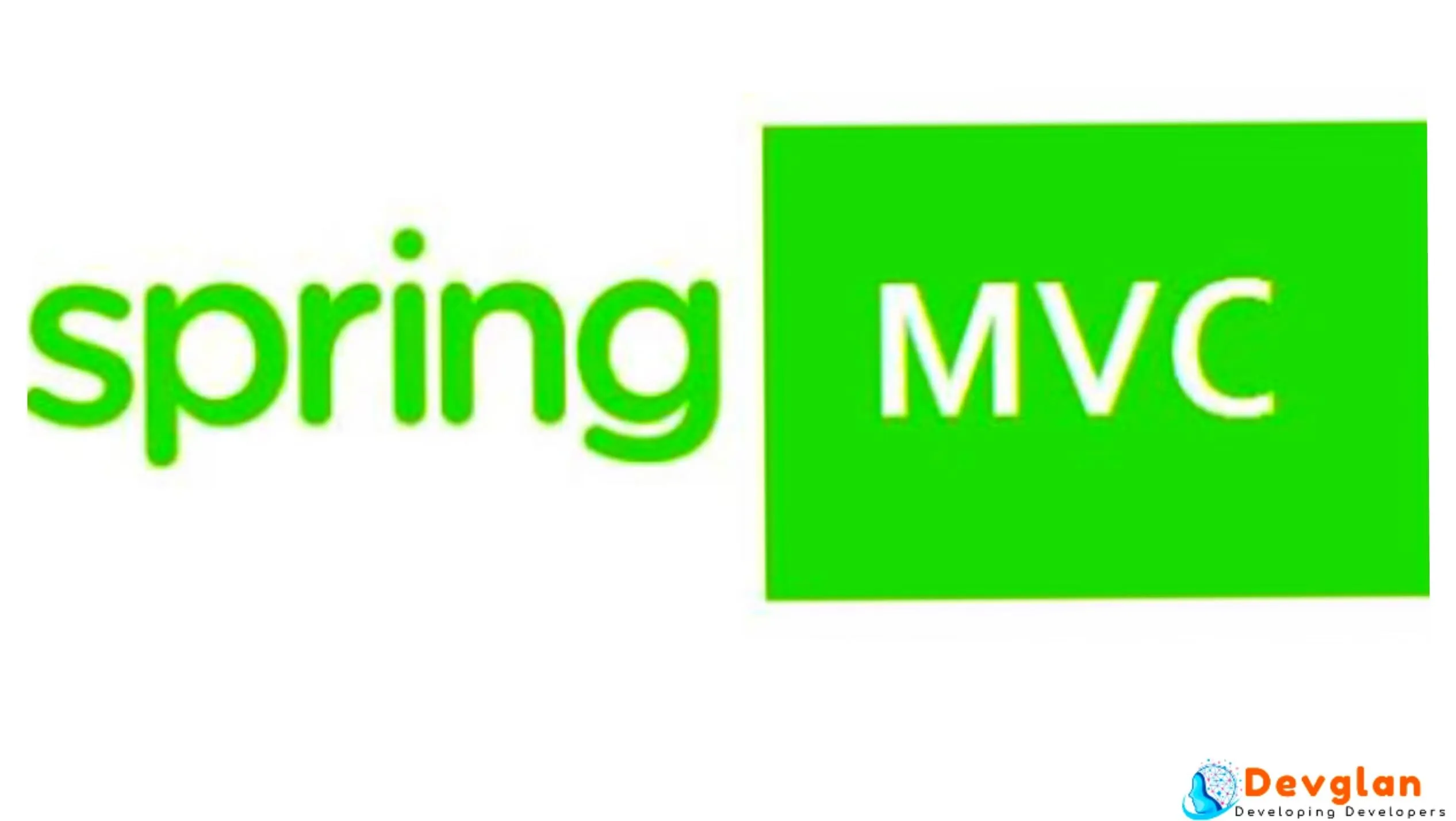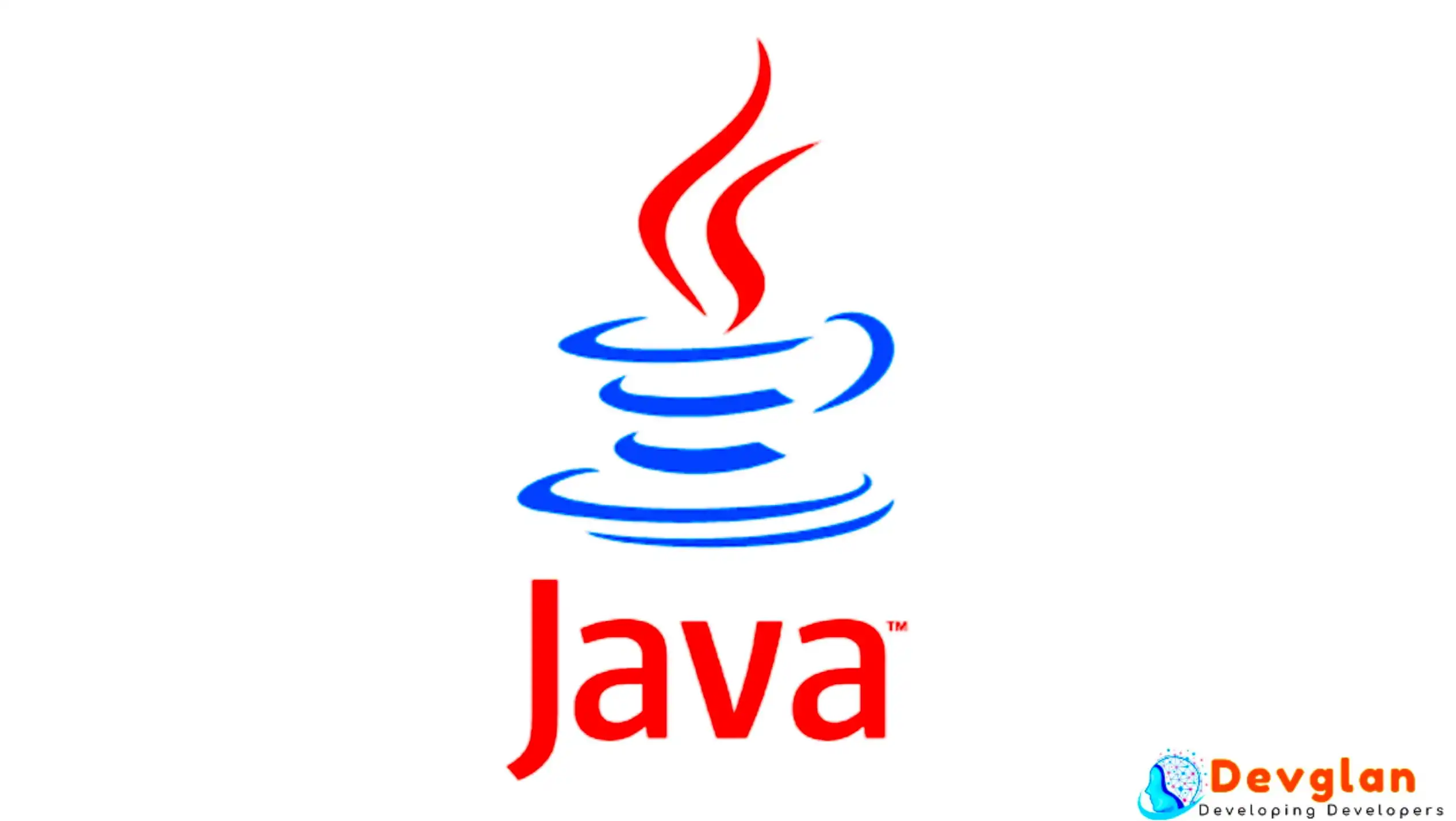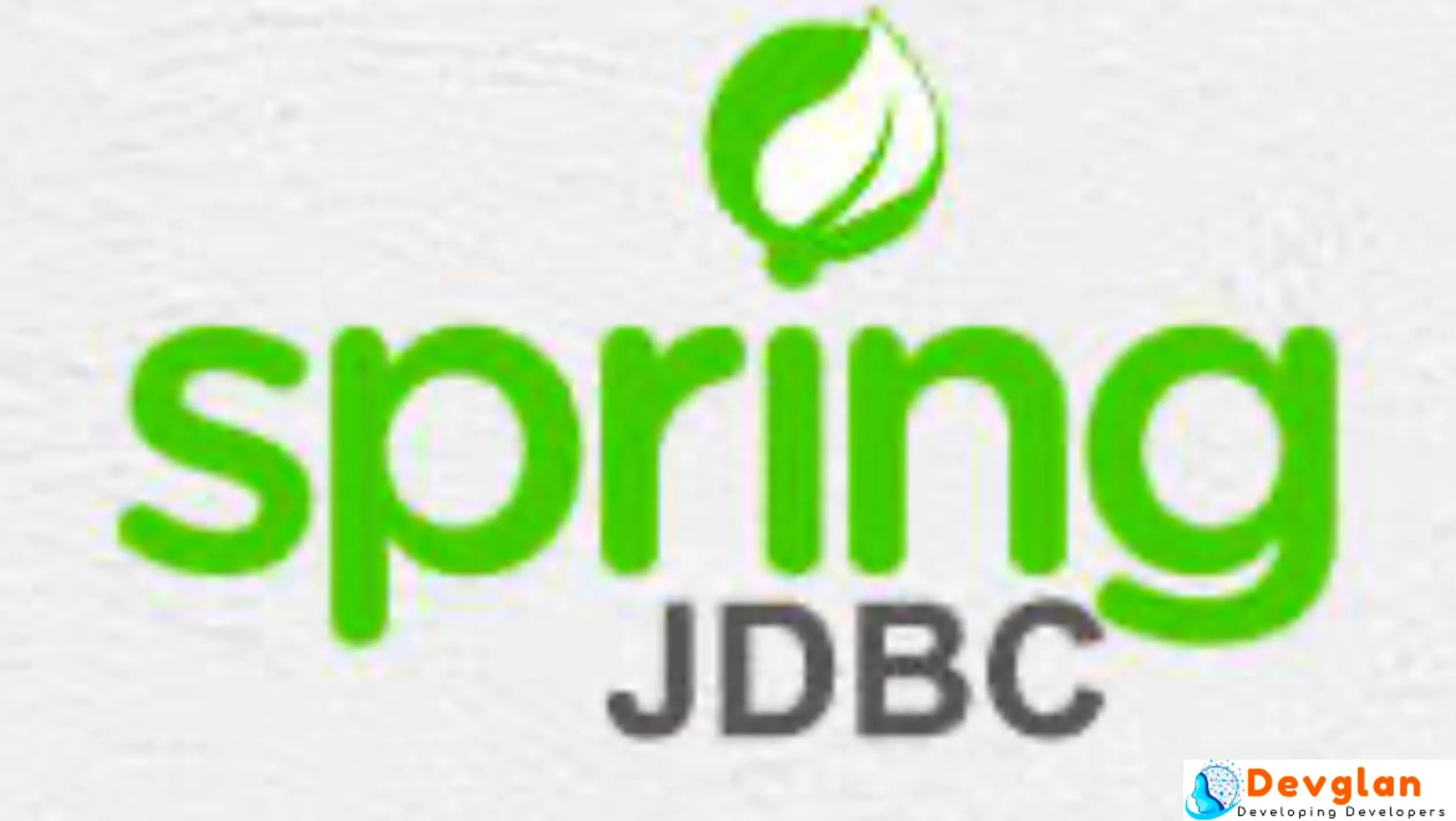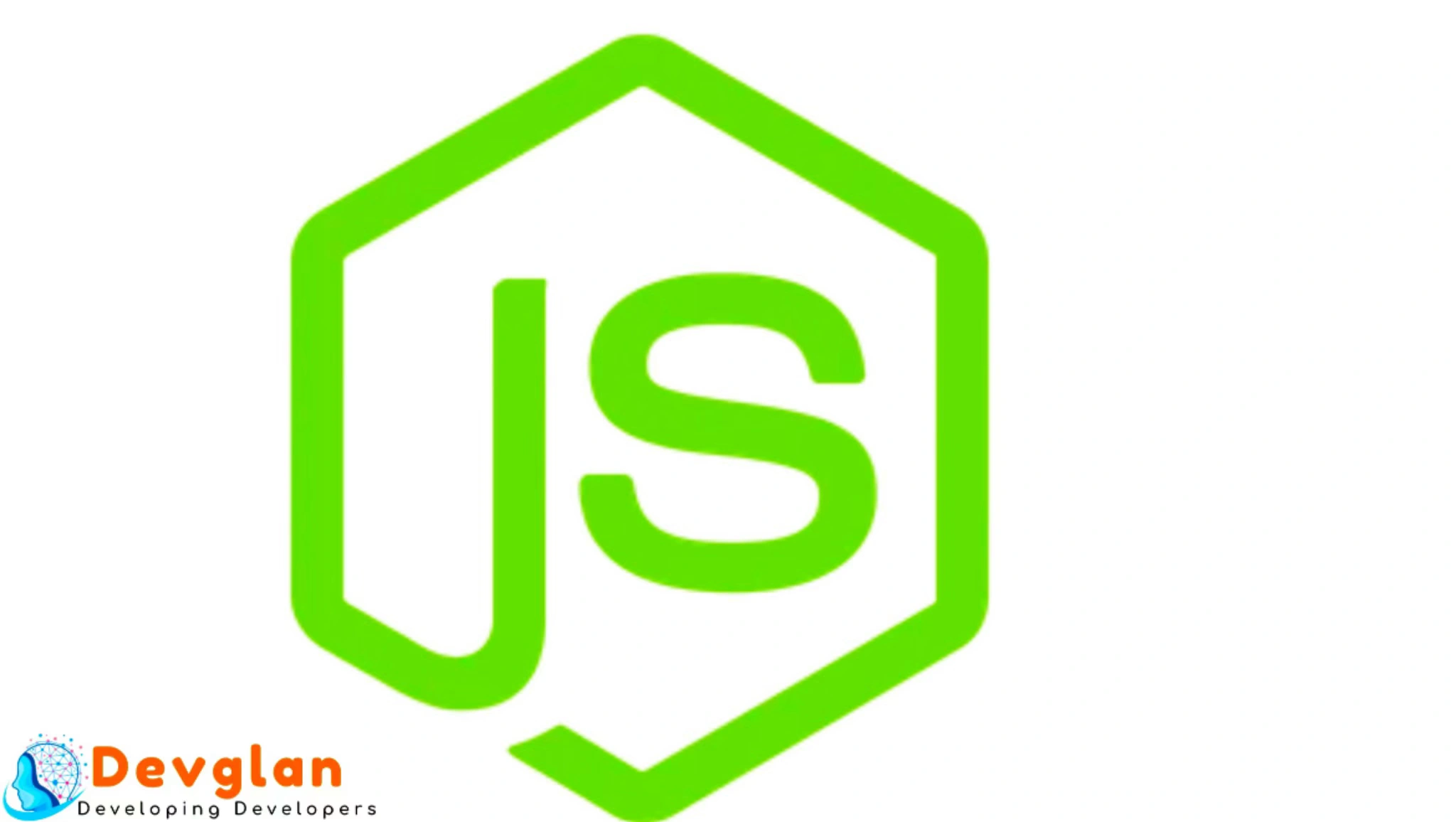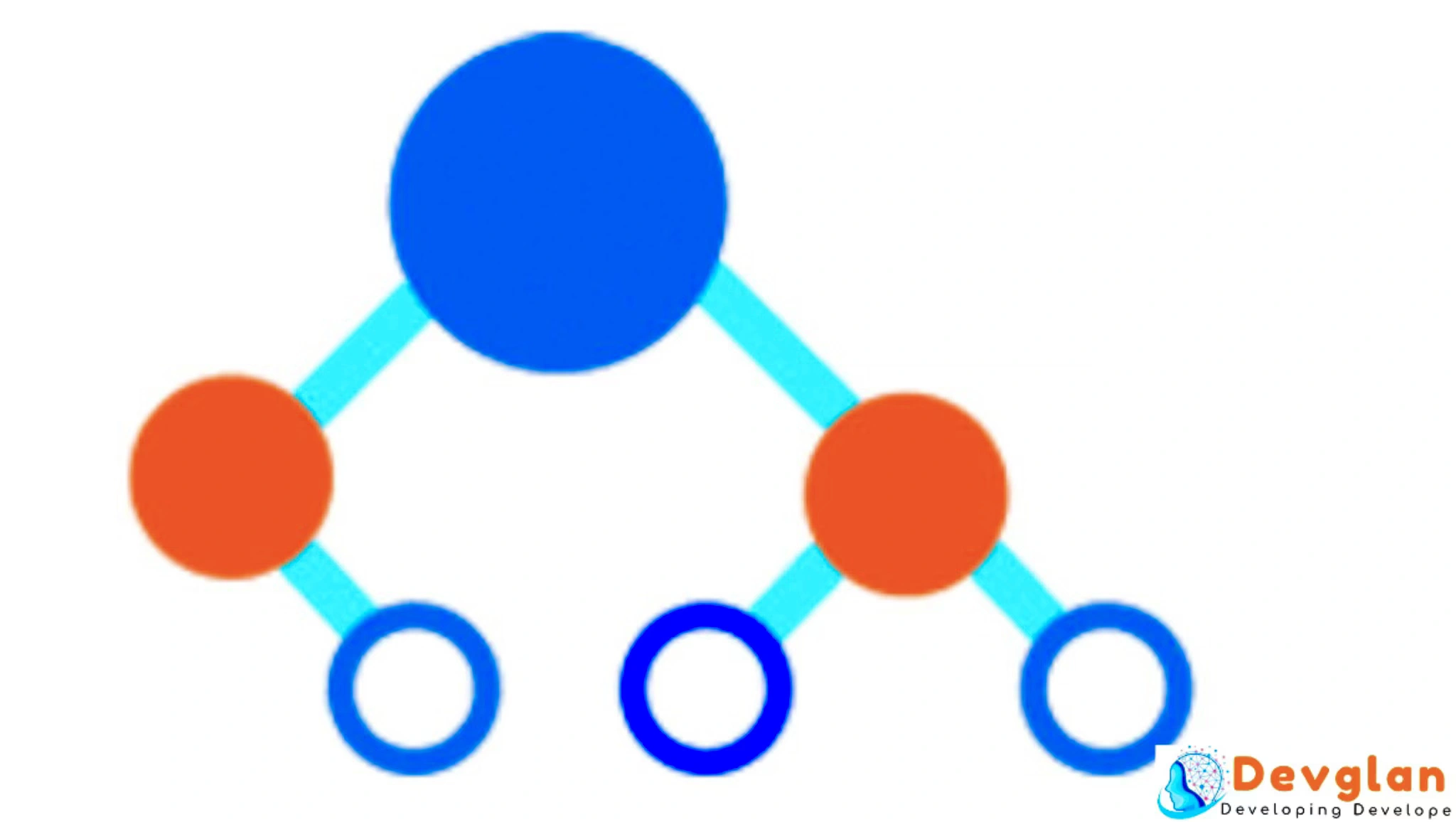Today, artificial intelligence (AI) is transforming a wide range of industries. Whether its healthcare, finance, entertainment or retail AI is reshaping how businesses function and connect with their clientele. As organizations look to incorporate AI into their operations the demand for AI professionals has surged. Securing top tier talent is paramount to unleashing the potential of AI. This piece delves into approaches for recruiting AI professionals that will help your company attract and retain individuals in this competitive arena.
Creating an Engaging Job Listing
A crafted job listing plays a role in drawing in qualified AI professionals. It should be straightforward, succinct. Spotlight the enticing prospects your organization offers. Here are key components to incorporate:
1. Job Title and Overview
Clearly define the job title. Provide an overview of the position. Utilize titles like "Machine Learning Specialist " "NLP Expert," or "Visual Computing Developer”, to entice candidates.
2. Duties
Detail the duties and responsibilities that the AI professional will be tasked with carrying out. Be clear about the kinds of projects they will be involved in the technologies they will work with and the AI development team they will collaborate with.
3. Necessary Skills and Requirements
Outline the AI developer skills required such as expertise in programming languages (Python, R, Java) hands on experience with AI frameworks (TensorFlow, PyTorch scikit learn) and familiarity with algorithms and data structures. Additionally mention any qualifications like degrees or certifications.
4. Company Overview and Culture
Present an overview of your companys mission and culture. Highlight unique aspects that make your organization an appealing place to work such as growth opportunities, a collaborative atmosphere or involvement in cutting edge projects.
5. Perks and Benefits
Describe the perks and benefits provided including compensation, health coverage, remote work options, chances, for growth and flexible working hours. Attractive benefits can significantly impact a candidates decision to apply.
Effective Recruitment Techniques
Once you have crafted a job description the next step is to deploy AI hiring strategies to attract potential AI developers. Here are some effective tips from software development company N-iX:
- Advertise your job openings on known job websites like LinkedIn, Indeed and Glassdoor. You can also explore niche platforms such as GitHub Jobs and Stack Overflow Jobs to target tech professionals effectively.
- Social media is a resource for recruiting AI experts. Share job listings on your company's channels, engage with online communities and use hashtags to widen your reach. Platforms like Twitter, Facebook and Reddit host tech communities where you might discover candidates.
- Networking at industry events and conferences is a way to connect with AI professionals. Events like NeurIPS, ICML and local AI meetups offer opportunities to mingle with hires, showcase your company's work and establish connections in the AI field.
- Forge partnerships with universities and coding bootcamps to tap into, up and coming AI talent pools. Consider offering internships, supporting research endeavors or participating in career expos to engage with students and recent grads.
The Hiring Process
When it comes to hiring AI developers the interview stage plays a role. It needs to evaluate not only skills but also cultural compatibility.
1. Technical Evaluation
Begin by assessing skills through tasks, like coding challenges, algorithm design and problem solving exercises tailored to your projects. Platforms such as HackerRank and Codility can assist in this process.
2. Technical Discussions
Engage in discussions with your AI specialists. Dive into the candidates' projects delve into their grasp of AI concepts and have them explain their approach to problem solving. Consider incorporating a coding session or a whiteboard activity.
3. Personal Interviews
Personal interviews help gauge skills. How well the candidate fits culturally. Inquire about their teamwork experiences, how they handle challenges and their attitude towards learning and professional growth. Understanding their motivations and values is key to ensuring alignment with your company's culture.
4. Real Life Problem Solving
Present candidates with real world problems to your industry. Have them outline their approach discuss solutions and identify any obstacles.
This task gives us a glimpse into their problem solving skills and creativity, in real world scenarios.
Employee Integration and Staff Retention
Bringing on board a skilled AI professional marks the starting point. Establishing integration and staff retention strategies is vital for success.
1. Thorough Integration Process
Design an integration process to assist hires in adjusting to the organization. Equip them with the resources, tools and backing to kickstart their projects. Introduce them to their team members, company ethos and key associates.
2. Ongoing Learning and Growth
Given the advancements in AI continuous learning is pivotal for keeping up with the latest developments. Encourage your AI professionals to pursue avenues for growth attend industry events and engage in training initiatives. Support their progress through access to courses, workshops and mentorship schemes.
3. Nurture a Collaborative Setting
Cultivate a workspace where AI experts can exchange ideas, work together on projects and learn from one another. Promote communication, regular team gatherings and interdepartmental cooperation, to foster creativity and teamwork.
4. Acknowledge and Incentivize Contributions
Reward the input of your AI professionals. Recognizing their accomplishments offer feedback and present chances for growth. Creating an encouraging workplace environment enhances team spirit and employee retention.
Wrap Up
Selecting skilled AI professionals is essential for maximizing the benefits of intelligence within your company. By grasping your AI requirements, crafting job postings using hiring methods and conducting thorough interviews you can attract top talent. Once onboarded, providing an orientation program continuous learning opportunities and fostering a work atmosphere will assist in retaining and supporting your AI professionals. With a team in position your organization can foster innovation, improve efficiency and remain competitive in the realm of artificial intelligence.

